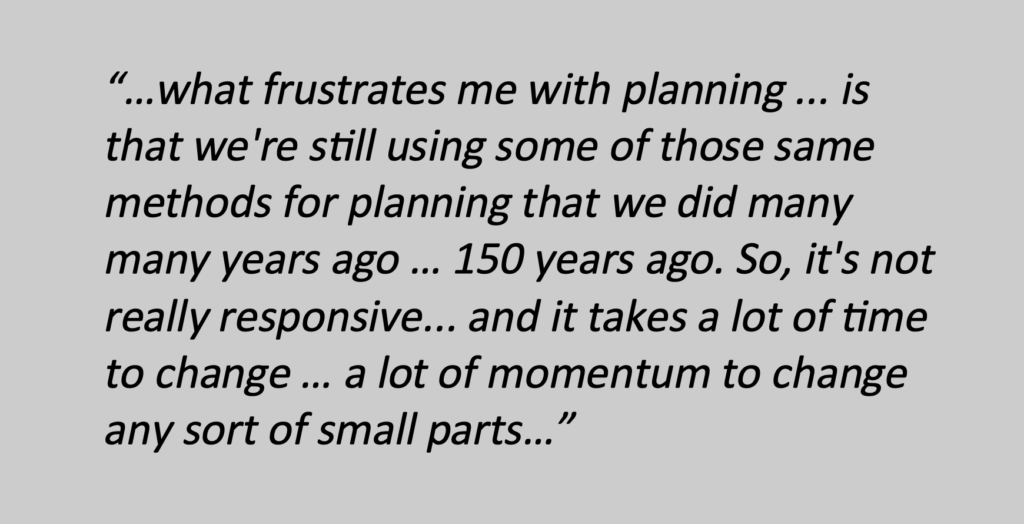City Know-hows
Target audience
Those involved with teaching and practicing urban planning, architecture, urban design, engineering, transport and public health.
The problem
The idea of ‘healthy’ urban development has been narrowly framed, resulting in poor understanding of how to create places that support health and wellbeing. Health inequities have been perpetuated by a focus on individual ‘lifestyle choices’, such active travel and nutrition, which downplay the role of structural barriers to healthy living. Similarly, environmental sustainability has often been left out of public health messaging for place-making, rather than framed as an immediate imperative for human health. A new model is needed to communicate and align action for healthy urbanism.
What we did and why
We produced a new conceptual framework called THRIVES (Towards Healthy Urbanism: Inclusive, Equitable, Sustainable) that bridges social and environmental concerns to redefine healthy urban development. The framework argues for a renewed focus in built environment research and practice on the links between human, ecosystem and planetary health, that must be underpinned by the principles of equity, inclusion and sustainability. We used participatory methods to create this framework, learning from built environment and public health professionals.
Our study’s contribution
Impacts for city policy and practice
Participants in our workshop viewed the THRIVES framework as a lens to examine healthy urban development. It could be used to achieve the following:
Further information
Further information on the framework, including case studies can be found here: healthyurbanism.net
Full research article:
Related posts

City makers need to stop making cities for ‘normal’ circumstances. Cities are liveable only when they can respond and reflect on and learn from disruptions and consequently adapt and change.City makers, policy makers

Older adults exercised less during COVID-19. Covid-related built environment modifications such as one-way walking systems and social distancing may have made physical activity more difficult.

The study investigates critical issues and strategies for the regeneration and valorisation of small historical villages through interviews with opinion leaders. The debate is strengthened by the analysis of scientific literature and concrete cases in Italy.